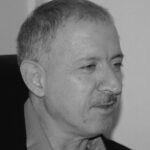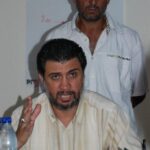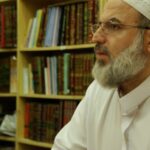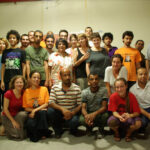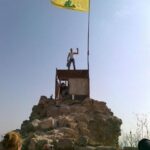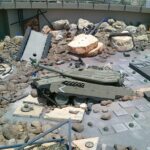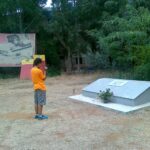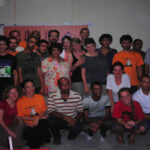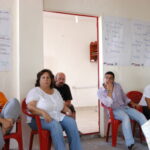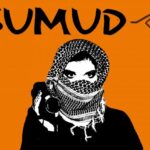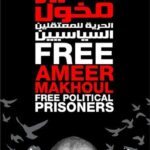In total some 1,000 people attended. There was the Arab left represented by personalities like Omar Barghouti, the coordinator of the campaign for Boycott, Disinvestment and Sanctions (BDS), Jamal Jumaa of Stop the Wall, Heidar Eid (by video link from Gaza), a political leader of the campaign to lift the blockade, recognised across the factions, or Abd el-Latif Gheith, chairman of the prisoners support association Adameer from Jerusalem (also by internet transmission) – to name only a few. Ahmed Saadat, leader of the PFLP lingering in Zionist jail, sent an address. A good portion of the participants came from Abnaa el-Balad, “children of the land”, the engine of the committee for a secular democratic state. There were also several Jewish Israeli partcipants like the professors Ilan …
[read more]